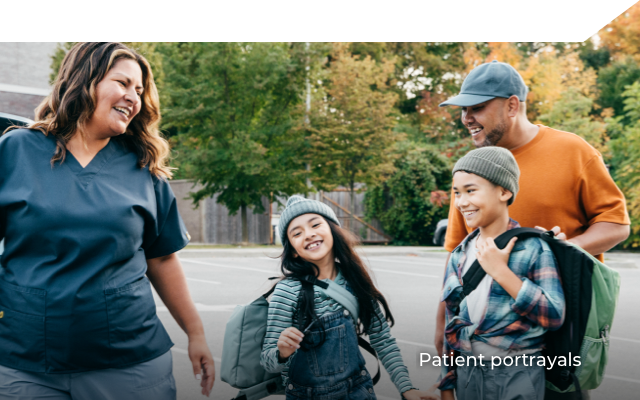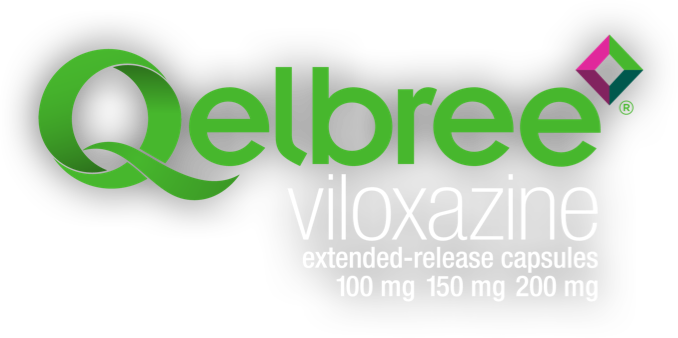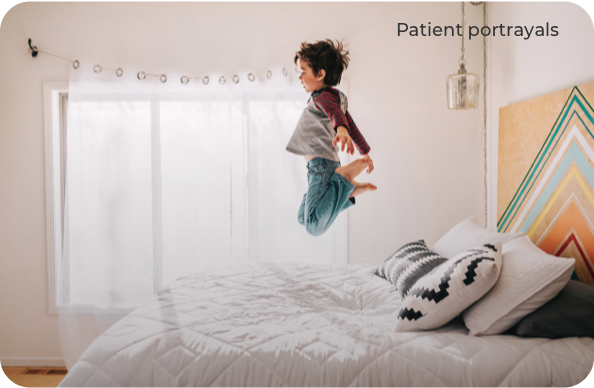
Your Child and ADHD
ADHD can affect kids and teens in different ways. Learn what signs and symptoms to look for, and how to help support your child.
ADHD in girls & boys
ADHD can affect girls and boys differently
ADHD affects kids and teens of all genders. That said, girls with ADHD are less likely to be diagnosed and treated in childhood. Unlike young boys, whose symptoms tend to fit the stereotypical idea of ADHD, young girls’ ADHD symptoms are often overlooked. It’s important to know the different ways this condition can present, so you can better assess your child’s ADHD and help get them the support they need.
Girls are more likely to:
- Suffer from inattentive symptoms (like daydreaming and trouble focusing)
- Struggle with self-motivation and procrastination
- Blame themselves for their symptoms
- Not receive an ADHD diagnosis or treatment
Talk to your doctor if you think your daughter might be exhibiting symptoms of ADHD.
Boys are more likely to:
- Act out and be restless
- Blame external factors for their symptoms
- Suffer from hyperactivity and impulsivity
- Be diagnosed and receive treatment

“Since I was diagnosed, I feel like I've been listened to”
ADHD & school
ADHD and school
School can present many challenges for children and teens with ADHD, regardless of gender. Luckily, with the right awareness and symptom support, you can help set your child up for success.
Signs of ADHD in students: what to look for
Grade school: Problems with paying attention and/or behaving in class can become more apparent (though, as mentioned above, young boys are often more likely to act out in class than girls)
- As more official grading systems are introduced, students with unmanaged ADHD may struggle to perform to their ability
High school: Teens with ADHD will often show less hyperactivity than in early school years, but may struggle more with inattention and impulsivity
- This can cause “high-achieving” ADHD students to suffer in silence with frequent procrastination, late study nights, and feeling overwhelmed while still getting good grades
- On the flip side, students with ADHD who aren’t performing to their ability may lean further into a “don’t care” mentality, and struggle to invest in their academics
Ways to support your child with ADHD in school
- Work with their teachers. It’s good to practice open communication with your child’s teacher, school nurse, or other staff about their symptoms and possible accommodations
- Ask about classroom accommodations. For example:
- A student with ADHD may benefit from sitting close to the teacher and away from doors and windows
- Talk to their teacher(s) about breaking down larger projects and deadlines into more digestible segments and check-ins
- Help them stay on top of medication. Build a sustainable medication routine and help them stick to it. Check in with them on their symptom progress, or if they’re experiencing any side effects, in case it’s time to reevaluate their treatment with their doctor
- Consider behavior therapy. Studies show that including behavior therapy as part of your child’s ADHD treatment plan—in conjunction with medication—could have notable benefits
Wondering if Qelbree could be a good fit for your child with ADHD?




